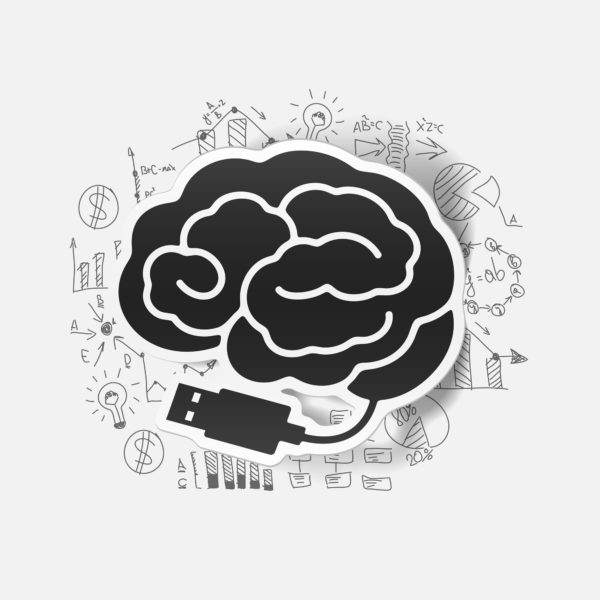A new report outlines the need for K-16 students to develop key data literacy skills
Focusing on three specific areas could be key to boosting K-16 students’ data literacy in a world where big data’s importance grows daily, according to a new report.
EDC’s Oceans of Data Institute (ODI) convened an expert panel of data analysts and educators for a workshop on data literacy, and panelists focused on what it means to be data literate in today’s world of big data, as well as what to teach students to prepare them to be part of today’s workforce and society.
The panelists’ recommendations are included in a new report, Building Global Interest in Data Literacy: A Dialogue.
During their discussion, panelists developed and endorsed a data definition: The data-literate individual understands, explains, and documents the utility and limitations of data by becoming a critical consumer of data, controlling his/her personal data trail, finding meaning in data, and taking action based on data. The data-literate individual can identify, collect, evaluate, analyze, interpret, present, and protect data.
Key skills associated with data literacy include competency in data visualization design, solving problems, thinking critically, thinking computationally, formulating productive questions, being cognizant of data security, understanding spreadsheets, and understanding design thinking/data life cycle.
Next page: Why the need data know-how, and why now?
The experts on the panel identified a growing urgency for the promotion of global data literacy for the following reasons:
• Our world economy and our jobs are increasingly shaped by data and by the knowledge and skills required to use it effectively.
• We are all perpetually, and often unknowingly, producing streams of data, which we need to be more aware of and to shape and manage to ensure our privacy and personal security.
• Effective use of data empowers us to make objective, evidence-based inferences and fundamental decisions affecting our lives, both as individuals and among societies.
“We believe that someone considered data literate is someone who can understand, explain, and find meaning in data,” said EDC’s Randy Kochevar, director of ODI. “We believe every student in school today needs these skills to thrive in a data-centric world.”
The panel identified a goal to bring data literacy to 100 million students by 2021, and panelists stressed the importance of making progress in three areas:
1. Engaging stakeholders and building a global data literacy community:
• Identify and engage key stakeholder groups whose support is needed to achieve the goal
• Cultivate and endorse data literacy ambassadors/mentors
• Partner with existing relevant communities of practice
• Engage with communities of research in building a body of work around effective methods of developing students’ data literacy
2. Developing and disseminating educational resources:
• Develop and/or translate curricula into all major languages across disciplines, STEM and non-STEM
• Develop or collect appropriate interfaces/digital analytical tools that provide student access to data sets
• Curate technology tools and platforms providing broad access to curricula, data, and teacher training
• Create and implement teacher professional development
• Develop assessment guidelines/tools
• Compile “beyond the classroom” experiences that promote data literacy
3. Incorporating data literacy into the international standards and assessments that are used to define well-educated students:
• Identify relevant existing national/international standards/benchmarks that can be leveraged
• Promote the inclusion of data literacy items in international assessments (e.g., PISA)
• Develop teacher certification programs
• Develop global data literacy certifications
The workshop was held by ODI and IBM at IBM’s Almaden Research Center in San Jose, California, in October 2015.
The group also invited the public to join the call for action on data literacy in education.
- Cybersecurity is top priority for K-12 edtech leaders - May 8, 2024
- New group targets AI skills in education and the workforce - May 6, 2024
- Friday 5: Teacher stress - May 3, 2024

